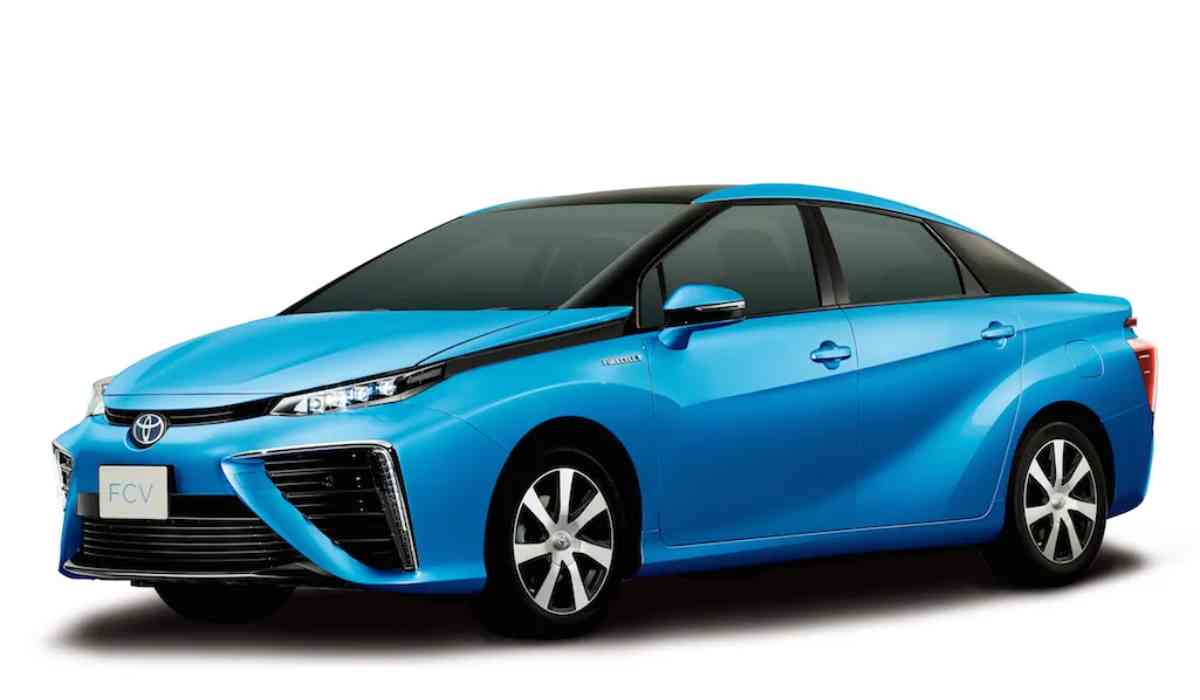Although the concept of hydrogen-powered vehicles is not new, they have not yet been widely adopted because of the high cost of producing and storing hydrogen fuel, the lack of adequate infrastructure for refuelling, and the availability of less expensive substitutes like gasoline and electric batteries. Yet, hydrogen is drawing interest as a potentially more sustainable and clean energy source for transportation as worries about climate change and air pollution continue to rise.
In order for hydrogen fuel cell cars to function, oxygen from the air is used in a chemical reaction that transforms hydrogen gas into energy, leaving only water vapour as a byproduct. The exhaust emissions of hydrogen fuel cell vehicles are negligible, in contrast to those of gasoline-powered vehicles, which release dangerous pollutants including carbon monoxide and nitrogen oxides.
© Vygr Media Private Limited 2022. All Rights Reserved.

























